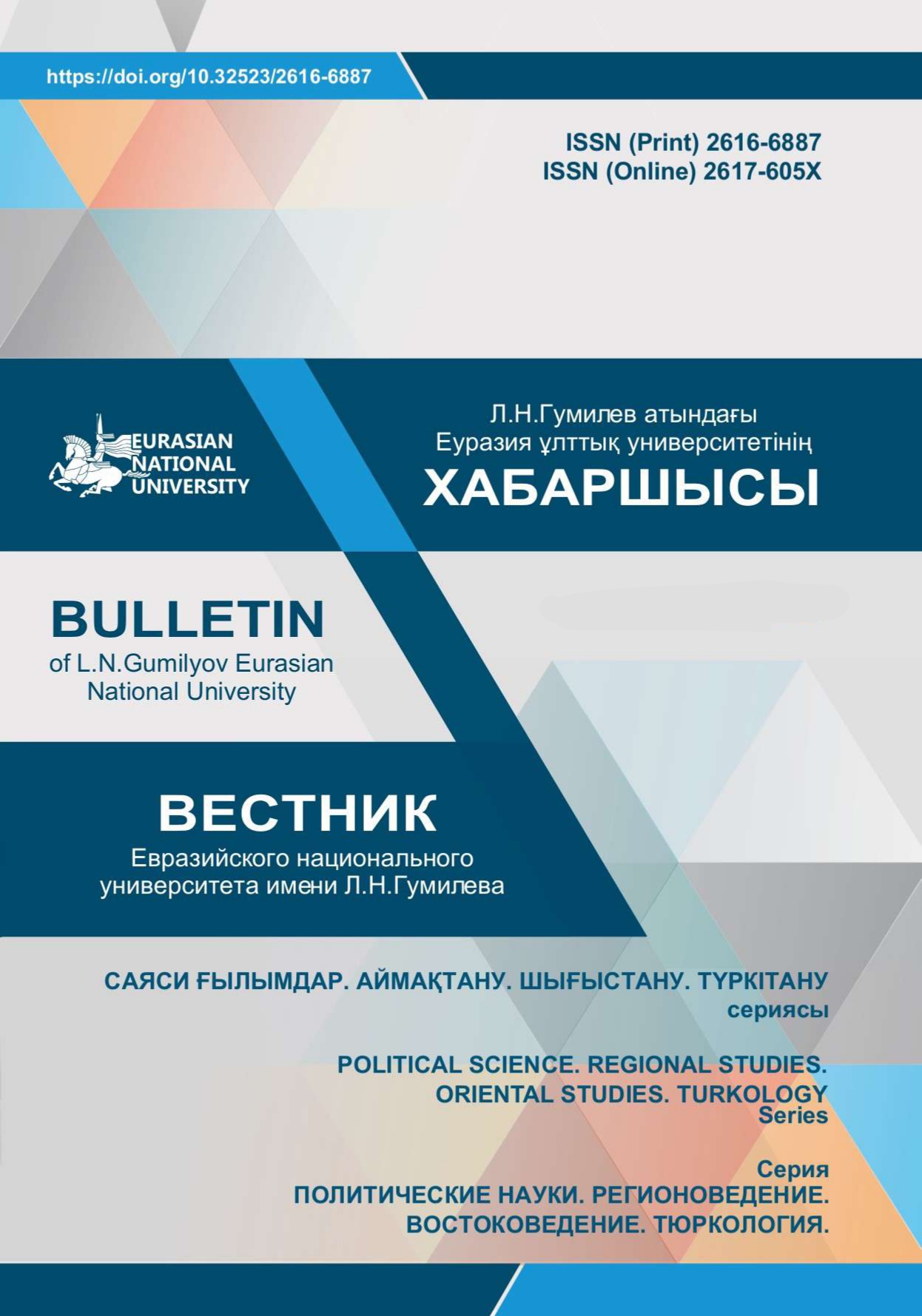Политика России на Евразийском пространстве в начале 90-х годов XX века
Просмотры: 241 / Загрузок PDF: 0 / Загрузок PDF: 105
Аннотация
В статье рассматривается влияние распада Советского Союза на ранние формы сотрудничества и интеграции на постсоветском пространстве. Автор также сосредоточился на основных установках и моделях сотрудничества между Российской Федерацией и бывшими советскими республиками, которые были разработаны в администрации Ельцина. Среди прочего, автор выделяет некоторые
ключевые факторы, которые создавали серьезные препятствия для успешной интеграции на постсоветском пространстве, и их негативное влияние на выбор правильных форм и моделей взаимодействия
между бывшими советскими республиками. Для многих бывших советских республик процесс адаптации внешней политики к новым формам сотрудничества все еще продолжается. Трагические процессы, которые мы наблюдаем сегодня в отношениях между Россией и Украиной, не в последнюю очередь
уходят своими корнями в начало 90-х годов. Это свидетельствует о том, что период осмысления истории
формирования обновленного евразийского пространства после распада СССР еще не закончен и нуждается в пристальном внимании исследователей.








